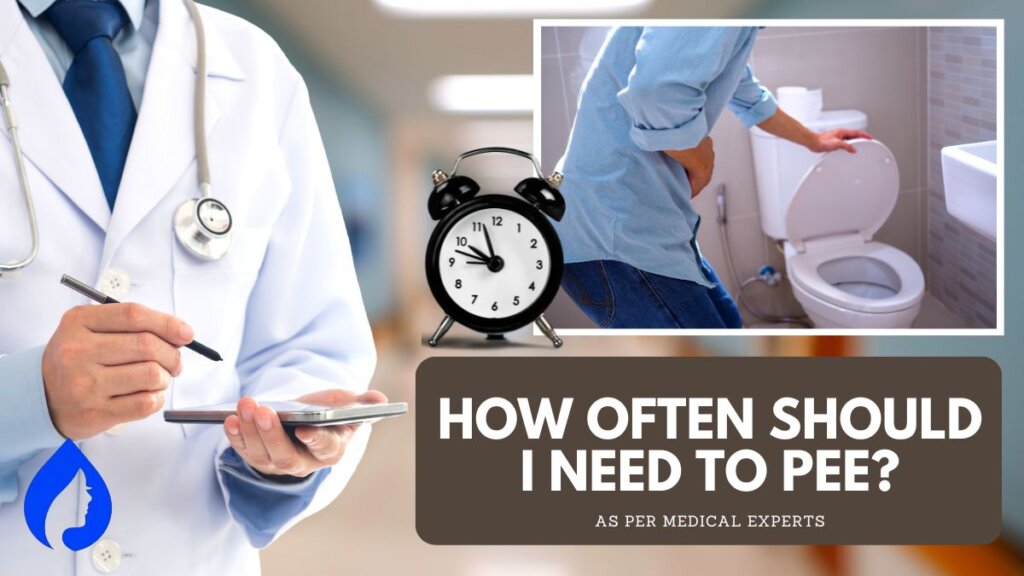
It usually takes five to fifteen minutes to pee after drinking water. It is because our body can absorb water quicker than food.
So, the next time you attend an important exam, should it be okay for you to drink a little water or wait for the exam to complete – what do you think?
If you are still confused about how long it takes to pee after drinking water and wish to know everything in detail about the connection between drinking water & pee time, then continue reading, and I will guide you to it in every way possible.
- Why Do I Pee Immediately After Drinking Water: 7 Factors
- ⌛ How Long Does It Take Water to Become Urine (Age-Wise)
- 7 Best Ways To Maintain A Healthy Urinary System
- ⚡ 4 Common Medical Disorders That Affect Your Urinary System
- What The Medical Science Says About Urine Formation
- How Long After Drinking Water Do You Pee: FAQs
Why Do I Pee Immediately After Drinking Water: 7 Factors
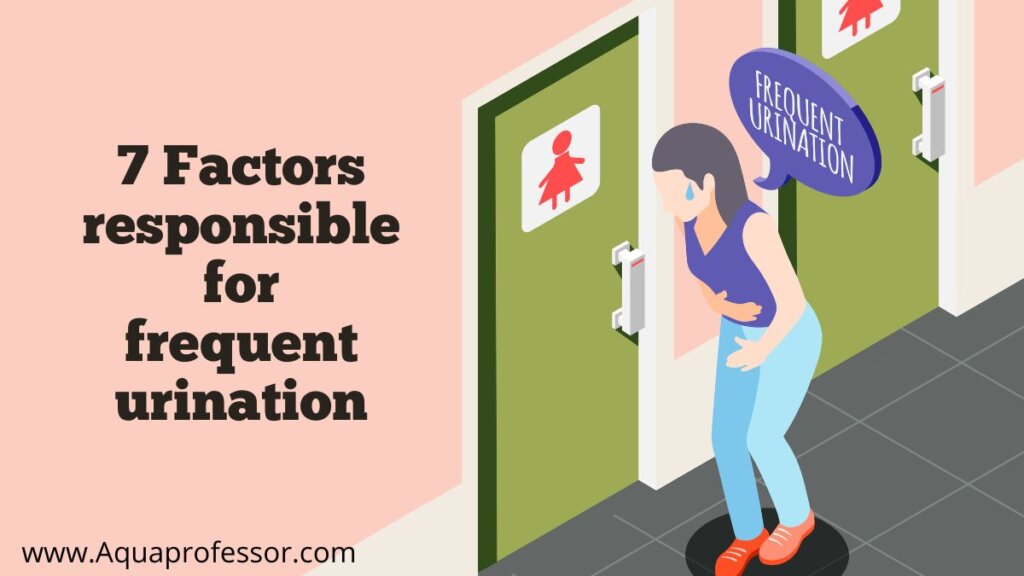
Recently, one of my relatives faced the problem of frequently peeing, so I visited the doctor’s chamber with him. When my relative and I talked about this problem with the doctor, he explained everything so beautifully that it’s still instilled in my mind.
Based on his illustration of the problem and my research from various trusted sources like Healthline, WebMD, Medicalnewstoday, and Mayo Clinic, I have compiled this list for you:
| Factors | Applicable to | When should you worry? | Doctor’s Advice |
|---|---|---|---|
| Your old age | Seniors (40-45+) | When you urinate more than two times at night. | Avoid drinking water for 2-3 hours before going to bed. Avoid carbonated drinks and caffeine. |
| You are pregnant [applicable to women]. | Pregnant Women (11-51 years) | When you face pain or stinging, burning sensation when peeing/the symptoms of a UTI (Urinary Tract Infection). | Drink sufficient water throughout the day. Take antibiotics for treating UTI infection as per the doctor’s advice. |
| You are taking high B.P. medicines. | Any adult (18+) | When you spend more time in your bathroom than usual. | Your doctor will adjust the medication dose and the time for the medication. Follow his instructions. |
| You are taking soft drinks | Any age. | When you have no underlying condition, but you are peeing more frequently within a short period after drinking any soft drink. | Limit the quantity of your soft drinks intake and, if possible, totally stop intaking them. |
| You are an alcohol addict | Any age (especially adults) | When you have no underlying condition, but you are peeing more frequently within a short period after drinking alcohol. | Limit the quantity of your alcohol intake and, if possible, cut down on its intake totally. |
| You are going through PTSD | Any age | A sudden and unexpected urge for urination/ urine leakage | Psychotherapy and medications |
| You are living in a hot climate | Any age | Frequent urination soon after higher liquid intake (due to the thirst in a hot climate) and an urge to pee within a short interval of time | Normal water intake (not higher), Switching on the fan and air conditioner (if there are any) in your room. |
I will explain all these factors linked to frequently peeing in detail, just as the doctor explained them to me:
⌚Your Old Age
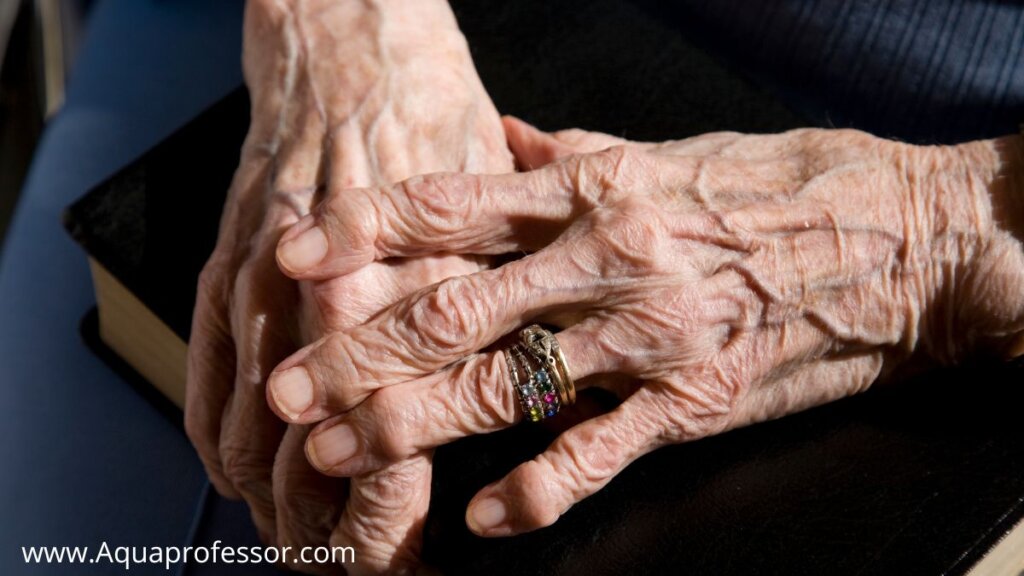
With advancing age, some people feel the urge to urinate more often, especially at night. It applies to people mostly 40 years or above.
When Should You Worry?
As long as the frequency of urine is not disturbing you or making you uncomfortable, you don’t have to worry about anything.
However, if your normal urine output during the night has always been low and you are urinating more than two times per night, it is better to take the doctor’s advice.
How My Relative Got Rid Of This Problem:
Drinking plenty of water makes us urinate more. So, the doctor suggested my relative not drink water or other liquid for at least two to three hours before he goes to bed.
He acted accordingly and got the result. He is now ignoring carbonated drinks and caffeine as well as avoiding alcohol.
Also Read: Florida Tap Water Tested
You Are Pregnant
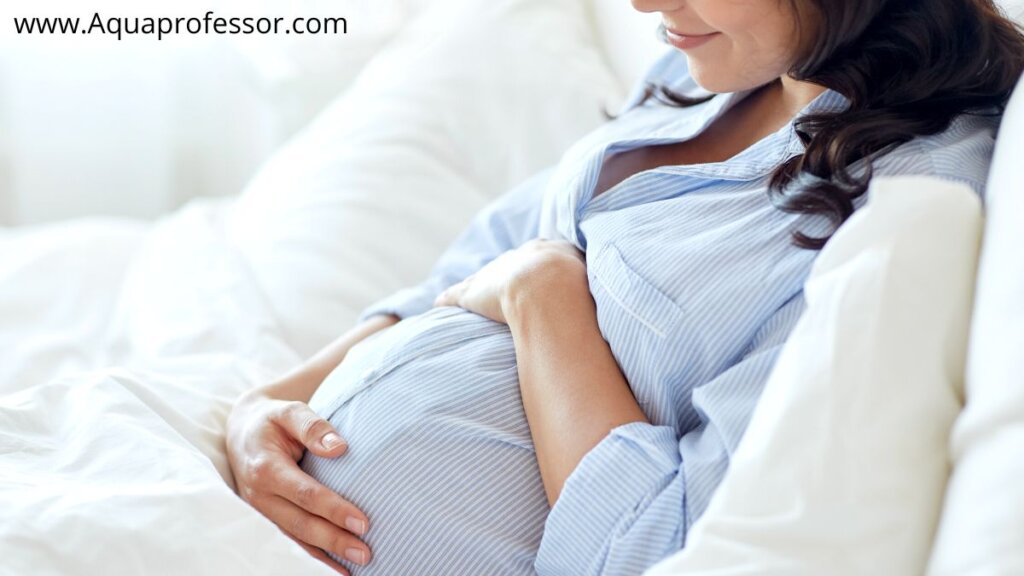
Pregnancy and giving birth to a baby may affect your urination urge. It happens in any pregnant woman between 12 and 51 years of age.
How Long Does It Take for Water to Become Urine
Pregnancy causes your body’s hormones to change. This change of hormones and the growing fetus’s pressure on your urinary bladder results in frequent urination.
Besides, the extra fluids gained by your body during the period, the medications, and your body’s need to eliminate fluids after birth also make you pee more often for a few weeks.
Is There Anything To Worry About It?
There’s no need to do anything in normal cases of frequent peeing. Everything will be okay within a few weeks of giving birth to the child.
You Might Be Suffering From a UTI
However, the case may be serious if you feel pain, burning sensation, or discomfort while urinating, along with a fever. You might be suffering from a UTI. If so, you may experience urination in smaller quantities, and all these things are enough to enhance your worries.
What The Doctor Will Say:
The doctor will conduct a urine test, and if you get diagnosed with UTI during your pregnancy, he will give you some advice.
The advice is to drink plenty of water and keep your genital areas clean. If needed, doctors will also provide you with antibiotics for treatment.
Also Read: Alkaline Water And Pregnancy
You Are Taking High B.P. Medicines
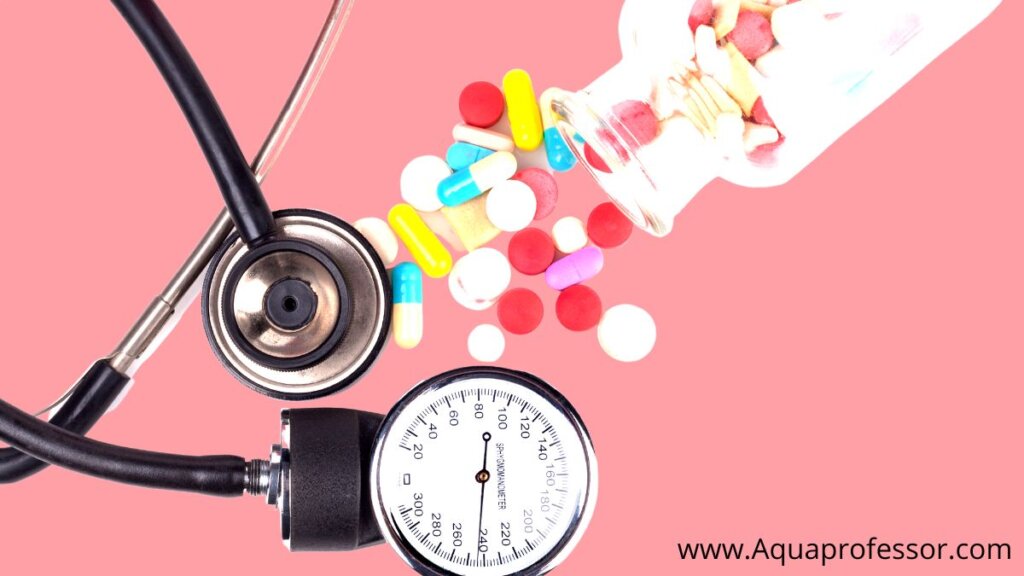
Any 18 + adult with high blood pressure often intakes medications called diuretics. These diuretics cause more frequent urine production because it removes excess water from the body, resulting in your urge for frequent urination. The same applies to cases of weak heart and poor kidney medications.
Diuretics that are commonly prescribed by your doctor include chlorothiazide, hydrochlorothiazide, chlorthalidone, and indapamide.
Should I Worry About Frequent Peeing Due To Diuretics?
No, there is nothing to worry about frequent peeing due to diuretics. It all happens due to the medication, and your problem will be solved as soon as you stop intaking it.
There will be no more peeing problems in the future. Still, if you are not convinced and don’t want to stop the medication, visit a doctor.
What is The Doctor’s Advice?
Though frequent urination after the intake of the medicines is not a medical issue, the doctor will still change your BP medicine intake time and dose.
Also Read: 3 Reasons To Hydrate Post-Massage
You Are Intaking Soft Drinks/Alcohol
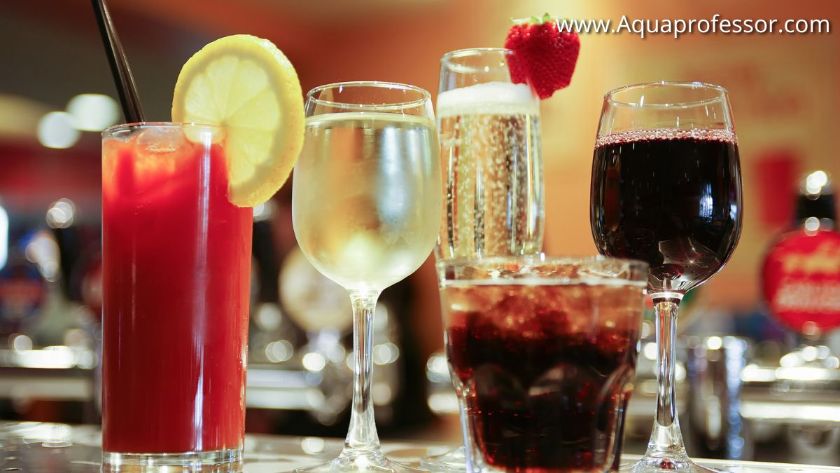
Although alcohol, caffeine, and carbonated beverages are not diuretic medications, their effects are similar after drinking them.
This diuretic effect of caffeinated beverages, soft drinks, or alcohol may happen at any age after drinking coffee, soda, energy drinks, tea, hot chocolate, alcohol, etc.
Should You Worry?
Generally, there’s nothing to worry about it. However, when you have no underlying condition, but you are peeing more frequently within a short period after drinking alcohol or caffeinated drinks, there’s something to worry about.
What The Healthcare Provider Advised Me:
I came to this situation once, and my doctor advised me to record my urination patterns and report them to him. He also asked me to cut off the consumption of these kinds of drinks totally.
And today, I am all fit! I no longer suffer from frequent peeing.
Also Read: Is Vitaminwater Another Health Fad?
You Are Going Through PTSD
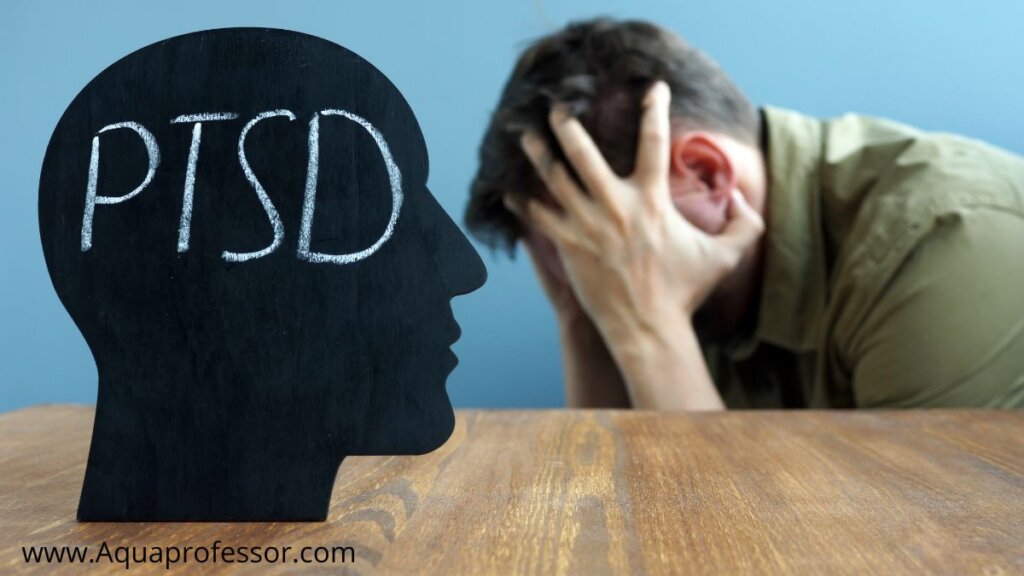
PTSD stands for Post Traumatic Stress Disorder. It’s a disorder characterized by a letdown after experiencing an unwanted or unexpected event. But do you know that this disorder leads you to pee frequently? It happens at any age and needs an emotional touch for healing.
Should I Worry About PTSD And Sudden Urge For Peeing?
No, there’s nothing to worry about as long as the situation remains in control. However, if the situation goes out of control and you experience an unexpected and intense impulse to pee, sometimes leading to the leakage of urine, visiting the doctor is necessary. One of my cousins has gone through this situation, and after treatment, she is much better.
How The Healthcare Provider Cured Her
Only a few sessions of psychotherapy (in which the expert handled her problem emotionally) and medications were all she needed to cure this problem of her.
Also Read: Is Alkaline Water Good For Pet Dogs?
You Are Living In Hot Climate
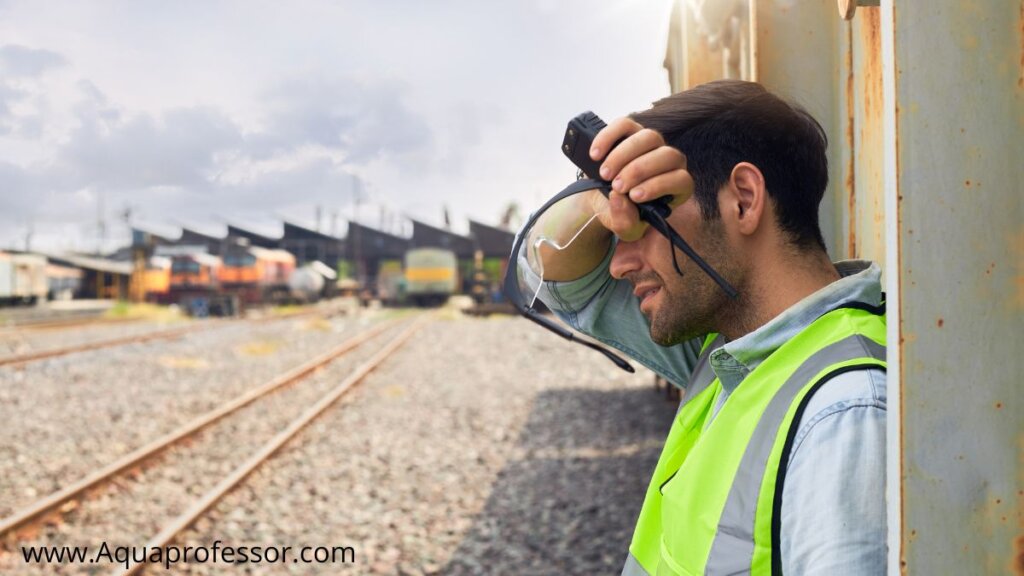
Individuals of any age (children, adults, or aged) may suffer from the problem of frequently peeing due to the hot climate. Hot weather makes us thirsty, and then we drink as much water or soft drinks as possible.
But, drinking plenty of water or fruit juice at a time increases our peeing frequency and decreases the time gap between our peeing. So, we run to the bathroom after every ten to fifteen minutes unless the excess water content of our bodies transforms into normal.
Should I Bother About It?
Drinking fluids in large quantities in warm weather to quench your thirst and feeling uneasy, along with the frequent urge to pee, is a thing to bother about.
What Should I Do?
Respond to your urge for urination and pee out the excess water from your body. As soon as the excess liquid is out, the lack of water in your body due to the hot climate will again make you feel thirsty. In this scenario, you may drink little amounts of water. Don’t gulp plenty of fluids again.
Instead, sit under a ceiling fan or put your air conditioner on to cool your body. This is because cooling down your body will lessen your thirst, and you will drink the normal amount of water the next time (not above the normal level).
Also Read: Why Your Filtered Water Tastes Weird [+ How To Fix]
⌛ How Long Does It Take Water to Become Urine (Age-Wise)
| Category | Normal peeing rate after drinking water |
| Infant (less than 1 yr old) | 15 mins |
| Toddler (1-3 years old) | 1 hr |
| Children (4-16 yrs) | 30 mins to 1 hr |
| Adult Male (16yrs+) | 2 hrs to 2 hrs and 15 mins |
| Adult Female (16 yrs+) | 2 hrs to 2 hrs and 15 mins |
Now, it’s time for our bladder capacity and filling time. But, does it differs with age? Let’s see:
Bladder Capacity And Its Filling Time
For An Infant
The bladder capacity of an infant is 1-2 ounces, and it gets filled in 1 hour.For A Toddler:
The bladder capacity of a toddler is 3-5 ounces, and it gets filled in 2 hours.For A Child:
The bladder capacity of a child is 7-14 ounces, and it gets filled in 2 to 4 hours.For An Adult Male:
The bladder capacity of an adult male is 16-24 ounces, and it gets filled in 8 to 9 hours.For An Adult Female:
The bladder capacity of an adult female is 16-24 ounces, and it gets filled in 8 to 9 hours.
Peeing Concerns In Young Children
Sometimes, children hold urine for a long time, which can interfere with the bladder’s normal functioning. It results in an overactive bladder, and disordered urination.
Because of the problem with their bladder, the children do daytime wetting. Besides, they may also suffer from kidney infections, nerve crises, or urinary tract structural problems. These problems originate from peeing concerns in the minds of their parents.
When To Contact A Doctor
Contact a doctor if your child is experiencing
7 Best Ways To Maintain A Healthy Urinary System
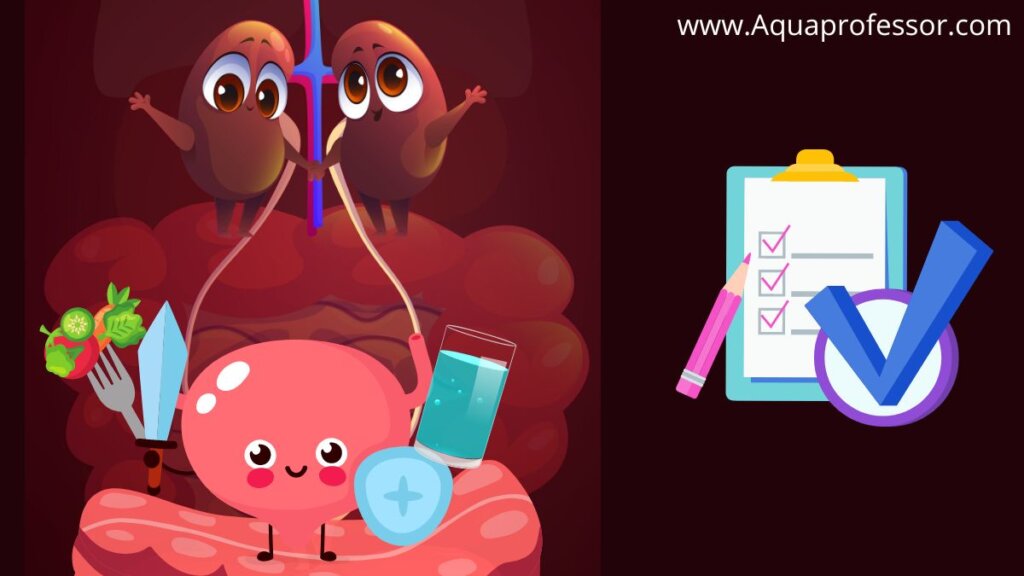
Here’s the fun fact: You can train yourself to pee less often and keep your kidneys happy. Follow these best practices, and you’ll thank me later!
❌ Don’t Hold Your Urine For Too Long
Excrete out your urine immediately when you have the urge to pee. Also, try to pee every 3-4 hours. Otherwise, your bladder muscles weaken and become prone to a bladder infection.
I made this mistake and realized it only after getting a bladder infection. Thanks to my family doctor, who saved me.
Perform Kegel Exercises
Kegel exercises or pelvic floor exercises help hold urine inside our urinary bladder by strengthening its muscles.
Kegel exercises have helped strengthen my bladder muscles and protected me from infections.
Choose Loose-fitted Clothes And Cotton Innerwears
A few years ago, I used to wear tight-fitted synthetic nylon dresses and innerwear to look slim and trim.
But, it eventually got me a bacterial infection in my private area by trapping the moisture around it. Now, I suggest everyone choose loose-fitted clothes and cotton innerwear.
Do Regular Workouts Or Outdoor Activities
I have a good habit of exercising regularly, and it has maintained the excellent health of my bladder.
I also no longer feel constipated and am gaining weight healthily because of them. Regular exercise will make you a healthy person.
Keep A Watch On Your Food
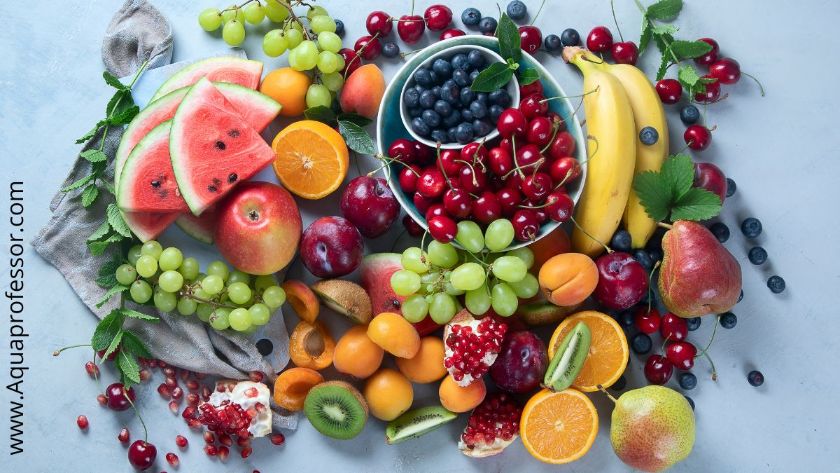
I used to have a mild bladder problem, and the doctor who was seeing me advised me to avoid foods such as artificial sweeteners, junk, spicy foods, tomato soups, etc.
I also stopped consuming sodas and citrus fruits. Changing my diet helped me to ease my problem.
Drink Sufficient Water
My family doctor also advised me to drink enough water to maintain good bladder health. Drinking sufficient fluid will help you to pee every few hours and save you from various ailments like kidney failure, heart disease, etc.
Your doctor will tell you how much plain water will be sufficient for you according to your weight, size, home climate, and activity level.
Also Read: How To Add Minerals To Your RO Water
Stop Smoking
Smoking is terrible for your health, especially your bladder health. One of my friends is a chain smoker, and now he is going through bladder cancer.
If you don’t face my friend’s fate, stop smoking for good. Life has much more to offer, trust me ?
⚡ 4 Common Medical Disorders That Affect Your Urinary System
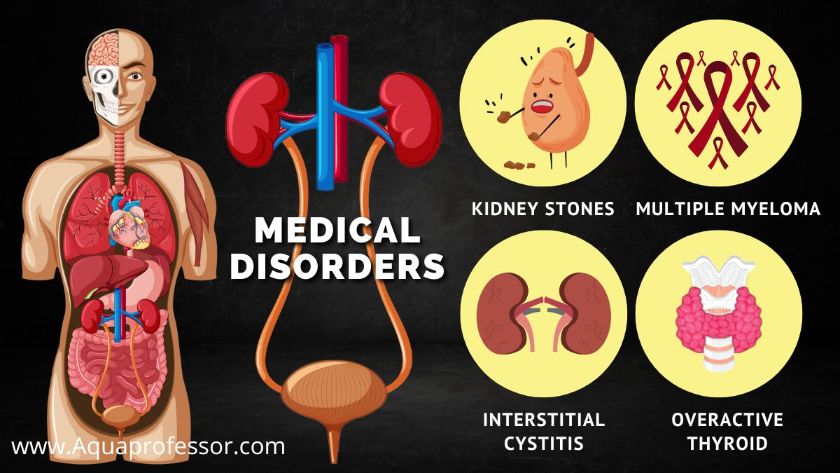
There are also a few other medical conditions that may disturb your bladder health. We will discuss the 4 most common them with the doctor’s recommendations:
What The Medical Science Says About Urine Formation
The urine formation process involves:
My family doctor described to me how it all works. He illustrated that as soon as we drink water, the water enters the body. The kidneys soon start their work by filtering the blood, thus eliminating waste materials.
It transfers all the waste to our urinary bladder. After that, the reabsorption process occurs, and the kidneys reabsorb a large quantity of water along with the filtered-out solutes. The toxin materials then get actively transported to the urine from our blood.
When one-fourth of the bladder is filled with urine, our urinary sphincter muscles relax, excreting urine from the body. Besides urine, water from our body also gets excreted as stool or sweat.
The Small Bladder Myth…
Some people believe that if a person is frequently urinating, it’s because their bladder is small in size. But, this belief is entirely wrong. The frequency of peeing has nothing to do with our bladder size.
Also, the size of a bladder can’t be small. It’s always of the regular size, depending on the height and weight of a person.
How Long After Drinking Water Do You Pee: FAQs
What is the maximum amount of urine the bladder can hold?
The maximum amount of urine a man’s bladder can hold is 700 milliliters. A woman’s bladder holds 500 milliliters of urine.
Is it normal for me to pee every 30 minutes after drinking coffee?
No, it’s not normal to pee every thirty minutes. It means that you are undergoing medical conditions like UTI, diabetes mellitus, hyperglycemia, hyperthyroidism, etc.
How long does it take to pee after drinking water on an empty stomach?
On an empty stomach, water gets absorbed within 5 minutes, and it takes 5-15 minutes to pee after drinking water on empty stomach.
How to stop peeing at night naturally?
Limit your fluid intake during the night and manage your diuretics to stop peeing at night.
Why do I pee immediately after drinking water?
Peeing immediately after drinking any liquid is a condition called Urge incontinence. It happens because of overactive bladder spasms at the wrong time.
Adarsh is a Health & Nutrition Sciences graduate with expertise in environmental health. He is associated with ventures like Glacier Fresh Filter and Simpure Filter Systems. Through Aqua Professor, he intends to provide helpful information to every home to help them make smarter decisions.

I have two questions. These two aspects make no sense to me.
(1) If it takes 8 to 9 hours for our systems to fill up with urine, why do we have to urinate every 3 to 4 hours? Why not do so every 8 to 9 hours? In this case, we should be urinating about 3 times in a 24-hour period. (24 ÷ 8 = 3.)
(2) Why do we get the urge to urinate when only 1/4th full? Why not when at least 3/4th full?
Am I missing something here?! LOL!
Hi there,
Thanks for reading our article so deeply!
For your Q1, it takes 8-9 hours for your body (male or female) to produce 2 cups (16-24 ounces) of urine. But we always have previous stock of urine to be released hence we urinate every 3-4 hours. Earlier stock gets released, new urine gets formed -imagine this as a manufacturing process in a factory. It might take 8-9 hours for a finished product to be made, but factory keeps on dispatching products to warehouses every 3 hours to clear old stock. So, your 24/8 maths don’t make sense here.
For your Q2, how our body senses full bladder isn’t known (reference ).
But it seems our body plays safe and sends urge to pee once bladder is quarter full to avoid putting too much pressure on bladder.
You can watch this video to know more about how we sense our urge to pee: https://youtu.be/Ze4Qmpq48AQ?t=101
Hello! You have no clue how Very Thankful I am to have Read All of your answers -Thank you! I’ve repeatedly searched for Each of these answers & only yours has covered them all on 1 site & w/out a lot of well(BS) trailing off topic to diseases instead of sticking to WATER! Idk if Anyone has this exact answer but Trying to fine out which bottled water contains potassium & how much . I’ve called company’s got no where . Just moved to houses/shared Well water -idk how much if any potassium is it . Got any clues? Thanks again Denise
Generally, bottled water in US doesn’t contain potassium as per 2018 USDA database .
As for your well water question, potassium is naturally present in less than 5 mg/L in US well water which is not significant for nutritional benefit. So better derive it from fruits like banana.
Hope it helps!